Petunia Flowering Plant: A Vibrant Garden Favorite
Petunia flower plant is a flourishing plant with alluring, charming tubular blossoms and a sweet character. Popular for beautifying gardening, they are handy in following, grandiflora, and multiflora assortments, making it ideal for the suspended baskets, borders, and beds. Petunias are standard for their lasting, vibrant blooms that can transform a dull corner into a lively space. All you get with this is the least care and maintenance demands of this plant.
How to Care for a Petunia Flower Plant?
Petunia flower plants demand orderly daytime, good air distribution, and decent watering for optimum growth. Some of the key care tips are:
- Soil
A well-draining and nutrient-rich soil is ideal for your Petunia flower plant. An arenicolous-earth or fertilizer-rich potting combine guarantees good seepage and root development. However, you must avoid water-unyielding or clay-weighty soils. - Water
Water your Petunia plant daily, but prevent overwatering. Allow the top inch of soil to dry at intervals between waterings. In summertime, it may need constant dampening, especially in containers, but never allow water to stagnate. - Light Requirements
They prosper fully during the daytime. Ensure at least 5–6 hours of direct sunshine regularly for strong development and reduce the shaded time. When not receiving enough sunshine, your plant can weaken significantly. - Temperatures and Humidity
Ideally developing temperature for your plant is between 18°C and–28°C. They can allow some heat but struggle in extreme cold. Further, these favor moderate humidity, and hence, you must protect them during cold weather. - Pest
Common pest attacks on Petunia flower plants may involve aphids, whiteflies, caterpillars, and slugs. So, all you need to do is use high-quality pesticides and ensure correct air ventilation. - Fertilizer
Use an equalized liquid or dry manure for your plant all two weeks during the flourishing season. Avoid nitrogen-heavy fertilizers for these flowering plants as they advance leaf development over flowering. - Pruning & Maintenance
Remove the damaged blooms frequently to spur more blooming. You may pinch the stems early to promote fuzzy progress and trim gangling arms to maintain shape.
Key Features and Benefits of the Petunia Flower Plant
Petunia offers advantages and ease, making it a favorite for home gardeners with some of the top features and benefits, referring to:
- Unique Looks
It has a distinct visual appeal that makes it perfect for beautifying purposes. These are more opposed to contagions and infections and bring widespread flowering while showing better fortitude to substantial stress and higher flora. - For Beginners
Very smooth to cultivate, Petunia flower plants are perfect for beginner gardeners. They fit well in both containers and ground planting, needing only elementary care and natural sunshine. - Vastu Importance
In Vastu, blooming plants like Petunia are trusted to produce positivity and improve the atmosphere. Placing these plants in the northward or eastern direction brings unity and good energy. - Air Purification
Though not restricted to being the main air purifiers, it helps to decrease minor contaminants and offer a cleaner, more oxygen-rich atmosphere through photosynthesis.
Petunia flower plants are happy, aromatic, and low-maintenance flowering plants ideal for home and offices. With colorful blossoms and the slightest care needs, they uplift your space. Whether you’re an experienced horticulturist or a newcomer, it brings nature’s charm right to your opening. Their throbbing appearance not only reinforces a beautiful appeal but also uplifts the mood of your living space. With the right care, it reward you with constant blooms and flowers of bliss all season long. Shop Petunia flower plant online from Upjau, the best online plant nursery in India.
FAQs
Q. How long do petunias bloom?
A. Petunias bloom from spring through late summer, frequently ongoing as far as early winter in warm climates.
Q. Can I evolve Petunias indoors?
A. Yes, Petunias may have developed inside. If established, it requires around 5 hours of direct light regularly or under an evolved light.
Q. Why are my Petunia flowers wilting?
A. Wilting can happen on account of underwatering, overwatering, root rot, or infection attacks. Check soil dampness, guarantee drainage, and examine for contagions frequently.
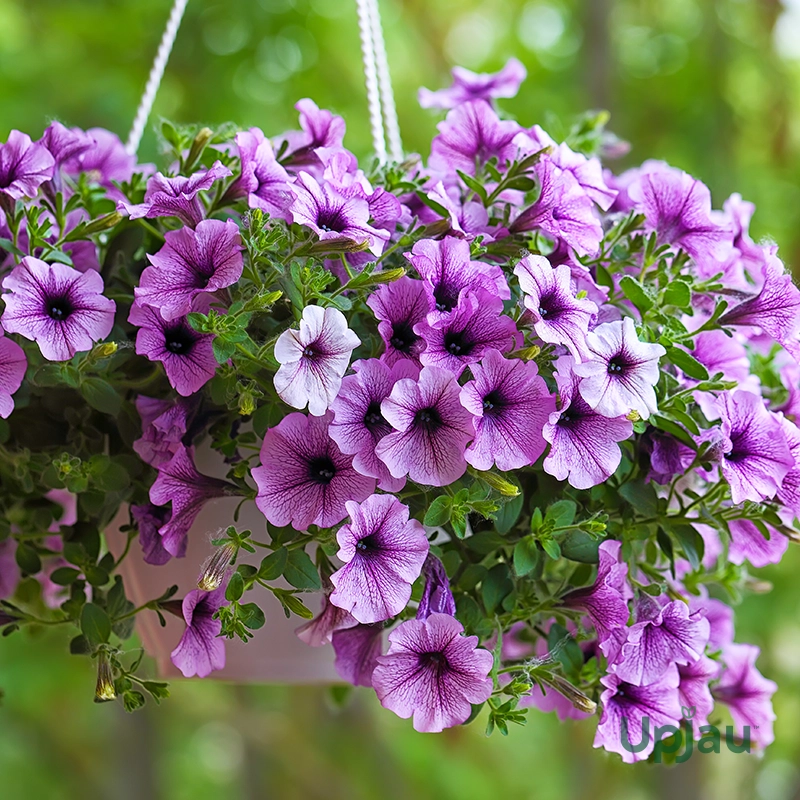
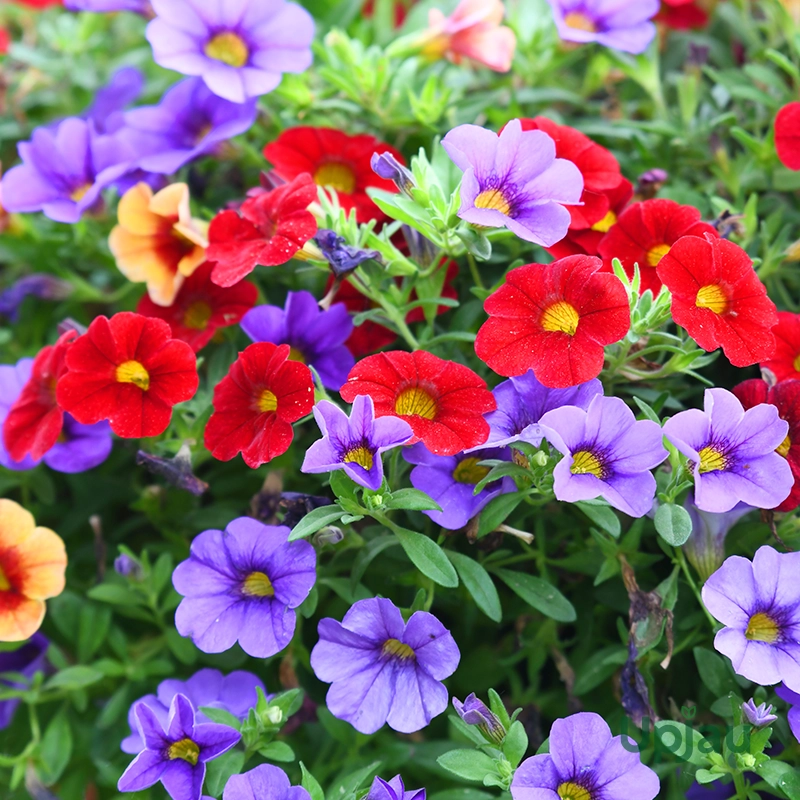



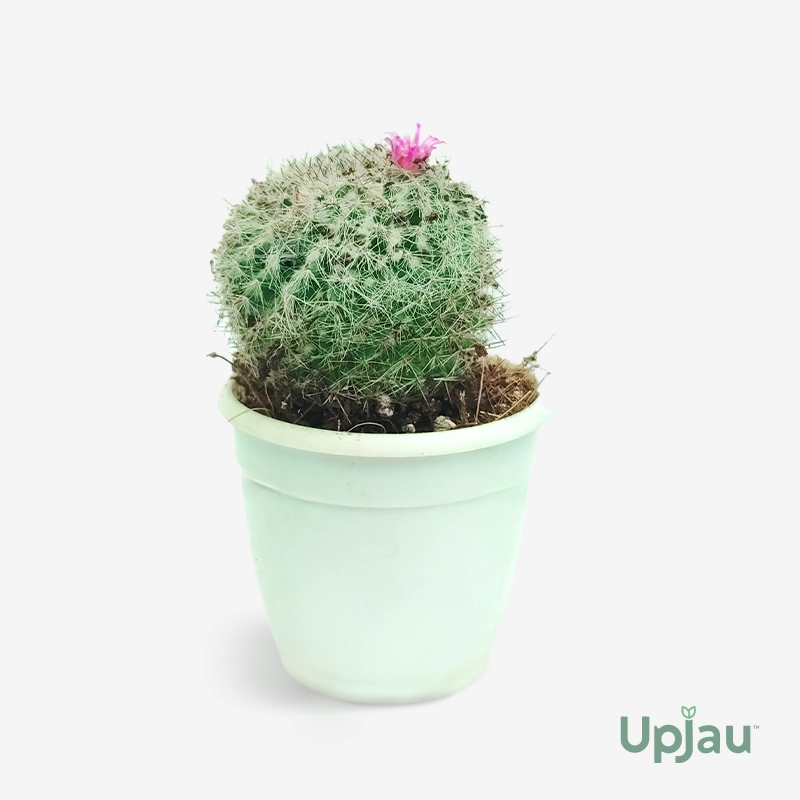
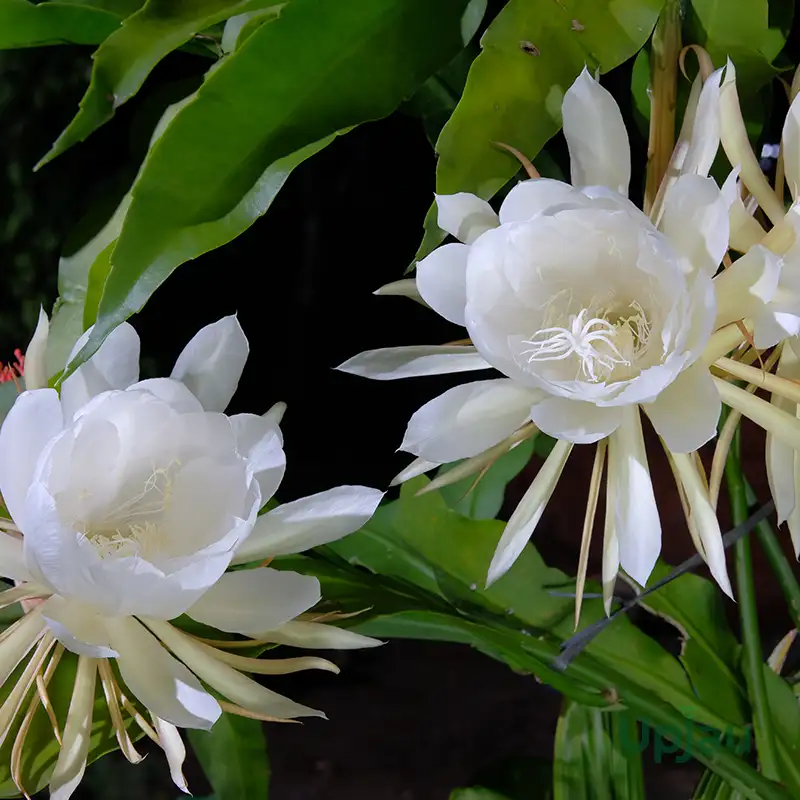
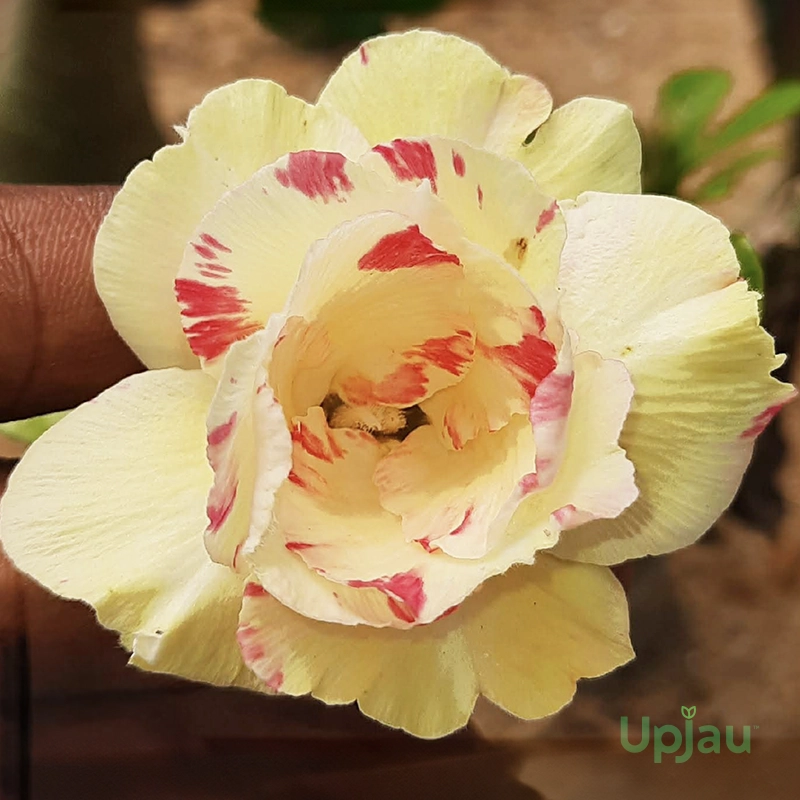
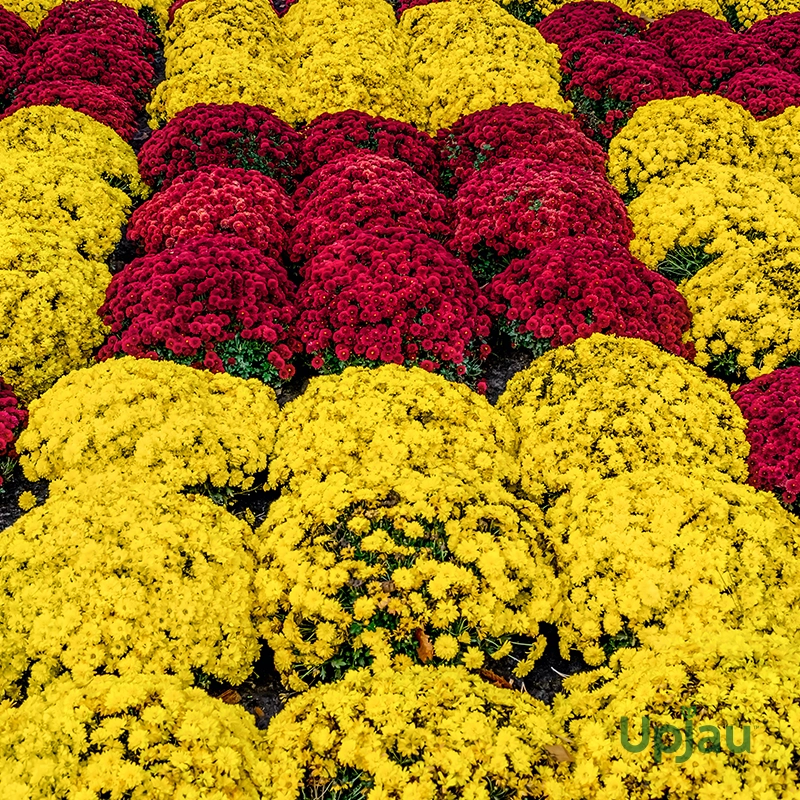
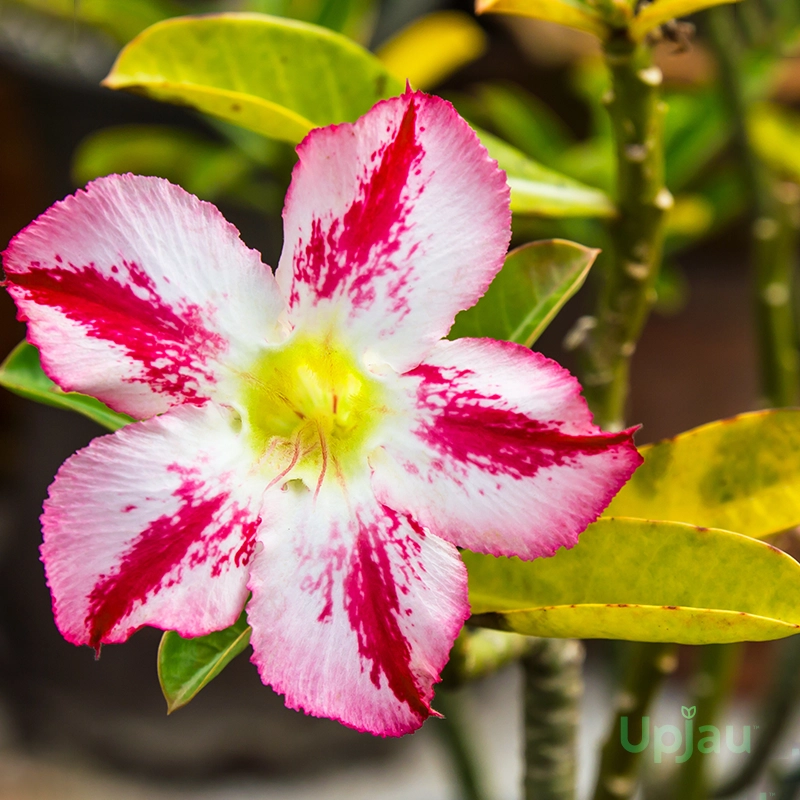

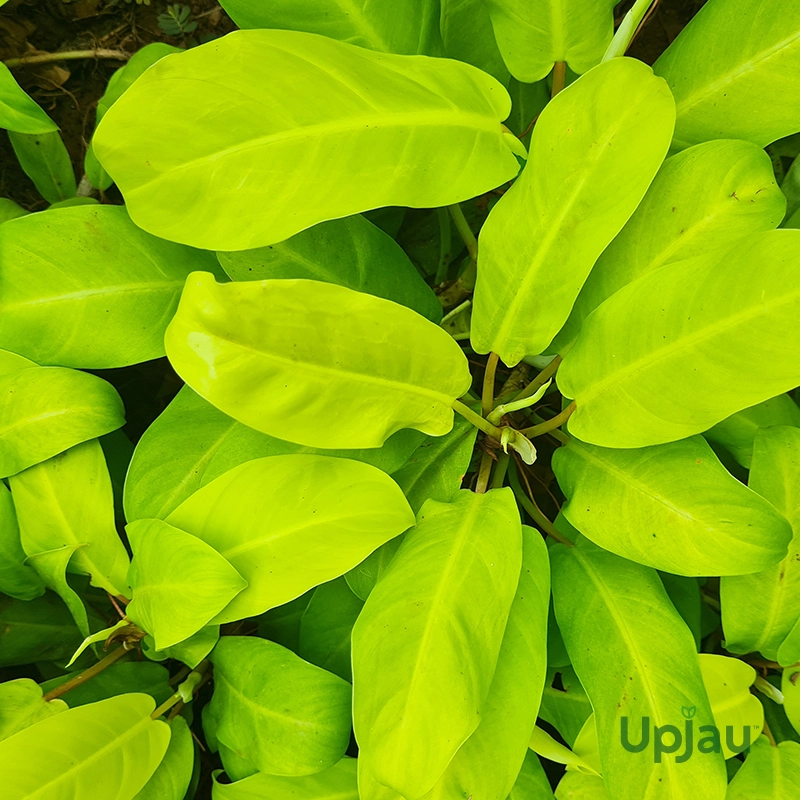
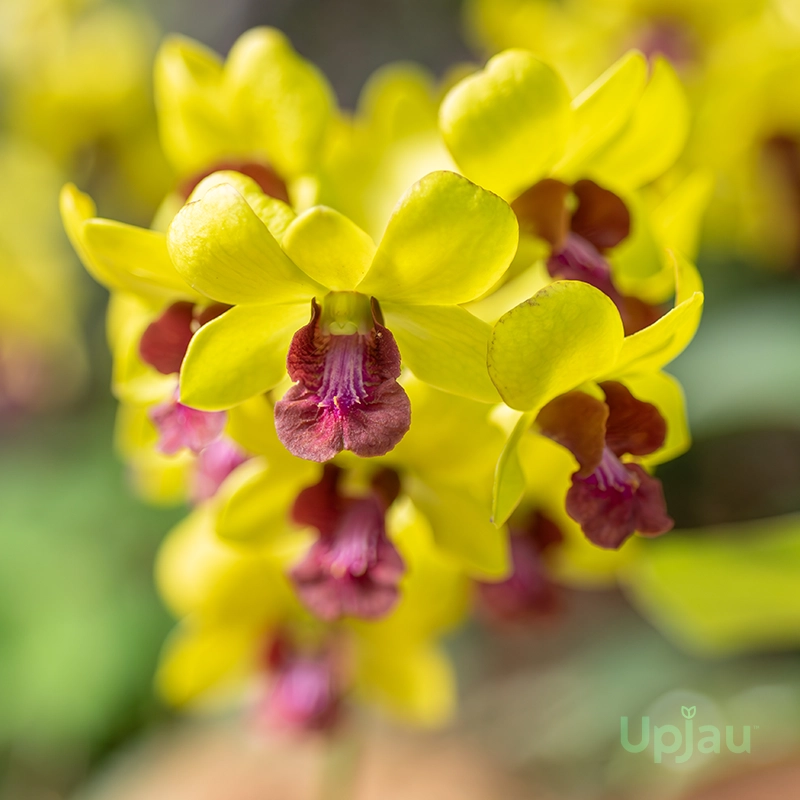
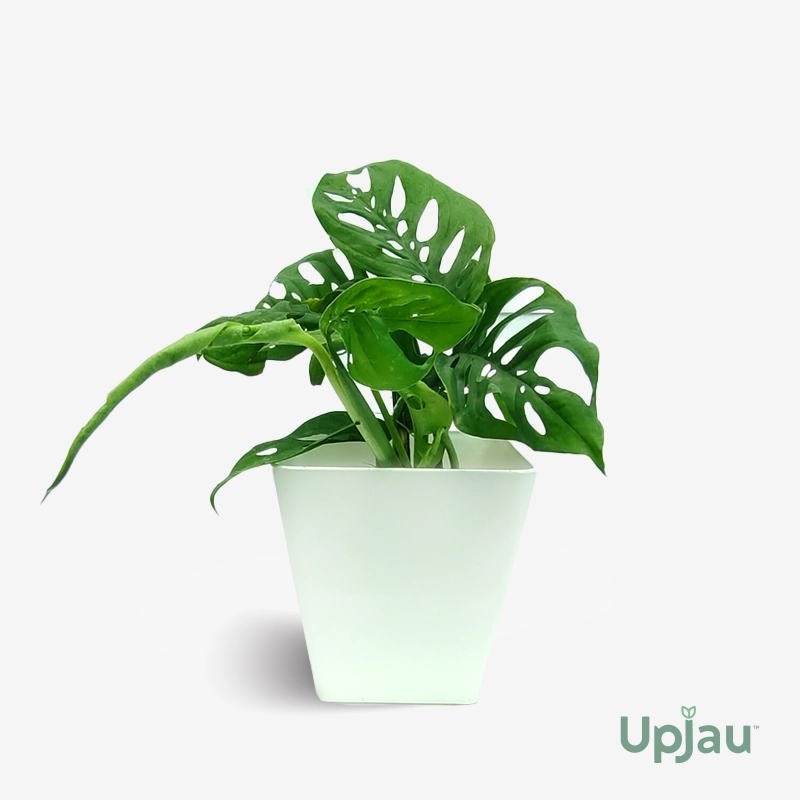
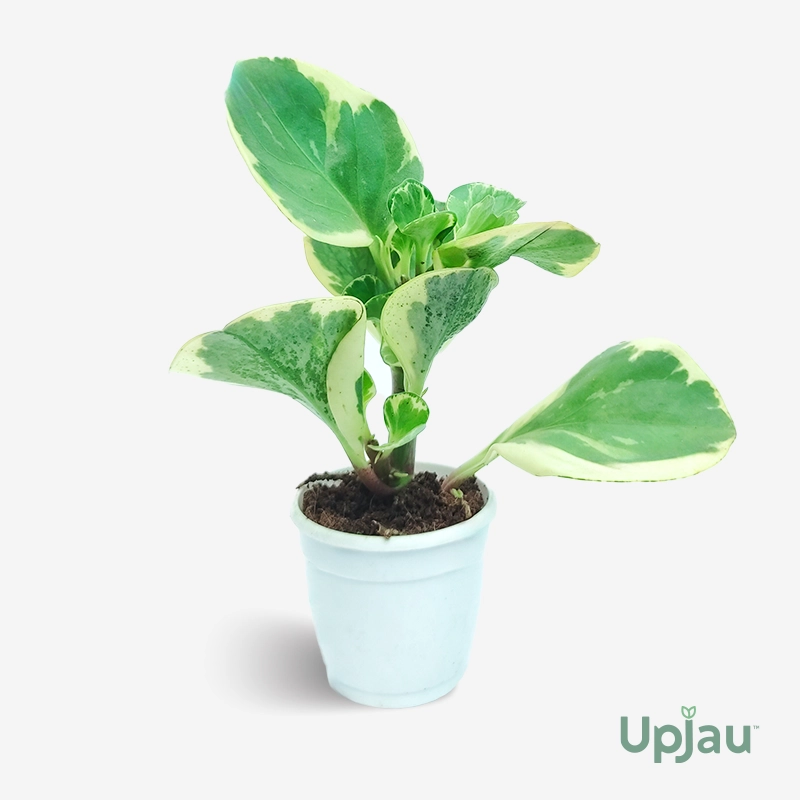
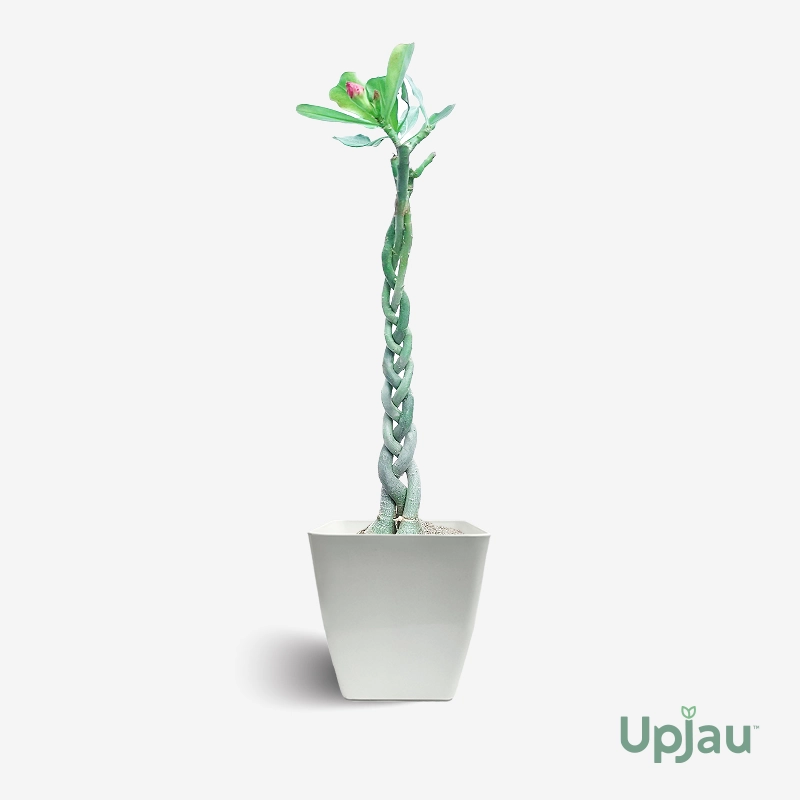


Reviews
There are no reviews yet.